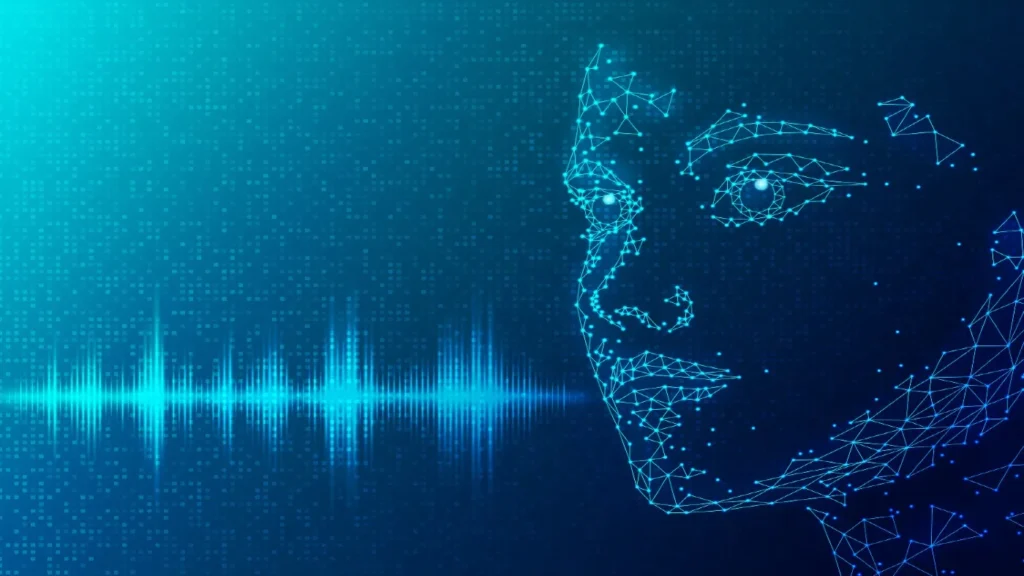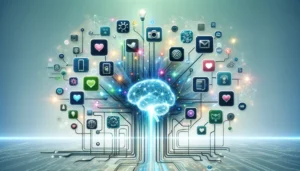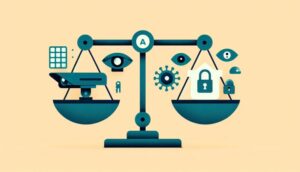The Rise of AI-Generated Music and Its Implications

The fusion of artificial intelligence (AI) with music creation is transforming the landscape of the music industry. AI-generated music, created using algorithms and machine learning techniques, is not only producing impressive compositions but is also challenging traditional notions of creativity and authorship. This blog explores the rise of AI-generated music, the technology behind it, its applications, and the broader implications for musicians, the music industry, and society.
AI-generated music involves using AI algorithms to compose music autonomously or assist human composers. These algorithms analyze vast amounts of existing music to learn patterns, structures, and styles. By leveraging techniques such as deep learning and neural networks, AI systems can generate new music that mimics the characteristics of various genres and artists. Companies like OpenAI, with its MuseNet, and Google’s DeepMind, with its WaveNet, are at the forefront of developing sophisticated AI music models.
One of the primary drivers behind AI-generated music is its ability to produce music quickly and at a lower cost. Traditional music composition can be time-consuming and expensive, often requiring extensive studio time and collaboration among musicians and producers. AI-generated music can streamline this process by rapidly generating compositions that can serve as complete pieces or as starting points for human composers. This democratizes music creation, allowing individuals and small businesses with limited resources to access high-quality compositions.
The applications of AI-generated music are diverse and far-reaching. In the entertainment industry, AI can compose background scores for films, video games, and advertisements, reducing the need for large teams of composers and musicians. In personalized music streaming services, AI can generate custom playlists tailored to individual listeners’ preferences, enhancing user engagement. Additionally, AI-generated music can be used in therapeutic settings, creating personalized soundscapes for relaxation and mental health treatment.
AI-generated music also opens new creative possibilities for artists. Musicians can use AI as a collaborative tool, generating new ideas and exploring styles they might not have considered. For example, an AI system can compose a melody or harmony, which a human artist can then refine and build upon. This symbiotic relationship between AI and human creativity can lead to innovative and unique musical expressions.
Despite its potential, the rise of AI-generated music raises several ethical and legal questions. One of the most pressing concerns is the issue of authorship and copyright. Traditional copyright laws are designed to protect human creators, but the application of these laws to AI-generated works is unclear. If an AI system composes a piece of music, who owns the rights to that music? Is it the developer of the AI, the user who initiated the composition, or the AI itself? These questions challenge existing legal frameworks and necessitate the development of new regulations to address the complexities of AI-generated art.
Another concern is the potential impact on human musicians and composers. As AI systems become more capable of producing high-quality music, there is a fear that human artists may be marginalized or replaced. This could lead to job losses and reduced opportunities for aspiring musicians. However, it is also possible that AI-generated music will create new roles and opportunities, such as curating and refining AI compositions or developing new AI tools for music creation.
The quality and originality of AI-generated music are also topics of debate. While AI can generate music that is technically proficient and stylistically accurate, some argue that it lacks the emotional depth and authenticity of human-created music. Music is often seen as an expression of human experience and emotion, and there is skepticism about whether AI can truly replicate this aspect. Critics worry that an overreliance on AI-generated music could lead to a homogenization of musical styles, with fewer unique and innovative compositions.
Furthermore, the use of AI in music creation raises questions about diversity and representation. AI systems learn from existing music data, which may reflect biases and inequalities present in the music industry. If AI-generated music is based on a limited and biased dataset, it could perpetuate these issues, resulting in a lack of diversity in the music produced by AI systems. Ensuring that AI training data is inclusive and representative of diverse musical traditions and cultures is essential to address this concern.
The rise of AI-generated music also has broader societal implications. Music has always played a significant role in shaping culture and identity. The integration of AI into music creation could influence the types of music that become popular and the ways in which people engage with music. This could lead to new cultural dynamics and changes in how music is experienced and valued. Additionally, AI-generated music could be used in various public and commercial settings, influencing public spaces, retail environments, and even personal devices, altering the soundscape of everyday life.
To harness the potential of AI-generated music while addressing its challenges, collaboration between technologists, musicians, ethicists, and policymakers is crucial. Developing ethical guidelines and legal frameworks that protect the rights of human creators while encouraging innovation is essential. Promoting transparency in AI algorithms and ensuring that AI-generated music is clearly labeled can help maintain trust and accountability. Additionally, fostering a dialogue between AI developers and the music community can ensure that AI tools are designed to complement and enhance human creativity rather than replace it.
AI-generated music represents a significant technological advancement with the potential to transform the music industry and creative processes. While it offers numerous benefits, such as efficiency, accessibility, and new creative possibilities, it also raises important ethical, legal, and cultural questions. By addressing these challenges thoughtfully and collaboratively, society can embrace the potential of AI-generated music while preserving the value and authenticity of human musical expression. As AI continues to evolve, it will be essential to strike a balance between innovation and tradition, ensuring that the future of music remains rich, diverse, and meaningful.



